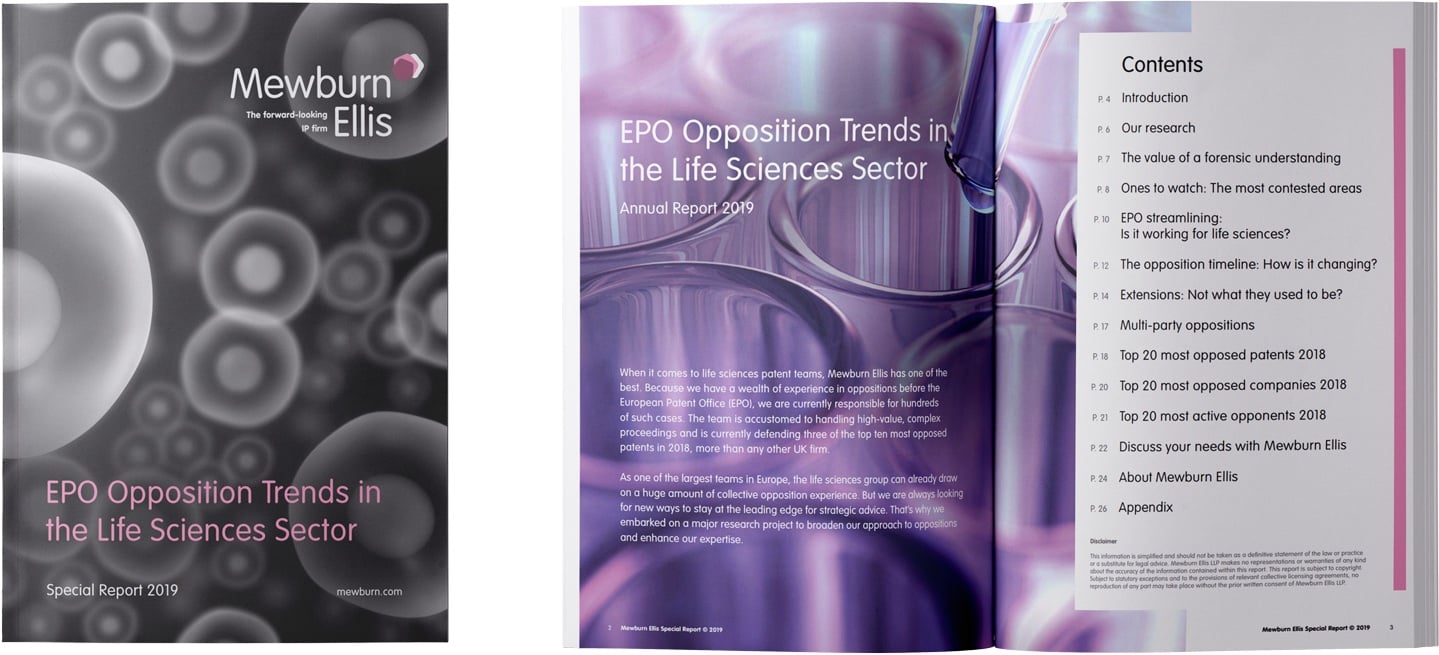We work with companies and research institutions around the world to protect innovation in nucleic acid-based therapeutics, both in the field of gene therapy and more broadly.
We have worked with clients in the gene therapy space to protect approaches to correction of genetic abnormality, e.g. as exemplified by exon skipping technology for the treatment of Duchenne Muscular Dystrophy. We have also been at the forefront of IP for targeted gene editing, as exemplified by CRISPR techniques. We also work with a number of clients to protect nucleic acid-based technologies aimed at the downregulation of expression of genetic information. Often exemplified by the concept of antisense sequences, this area is complex and comes in different forms, such as RISC-mediated gene silencing represented by RNAi or RNase H mediated gene silencing represented by gapmers. Advances in sequencing have also opened up the field of potential targets. For example, RNASeq and similar techniques have revealed the transcriptome of long non-coding RNAs that may influence expression of associated genes, and we have been involved in seeking broad platform level protection in this area.
We are also active in helping our clients protect viral vectors and RNA vaccines, which are clearly important and topical in view of the therapies approved to protect against COVID-19.
The development of SELEX revealed a different application of nucleic acids through the identification of aptamers. Typically short in length, these nucleic acids are selected for their high affinity binding to a chosen target and provide an alternative to monoclonal antibodies. Mewburn Ellis were the lead European patent attorneys involved in obtaining protection for this important class of molecule.
Alongside these approaches, developments in nucleotide chemistry, conjugation and encapsulation have helped address problems of delivery to target cells and extension of in vivo half-life, and we help clients to obtain important protection in these areas.





















.png)

-1.png)



